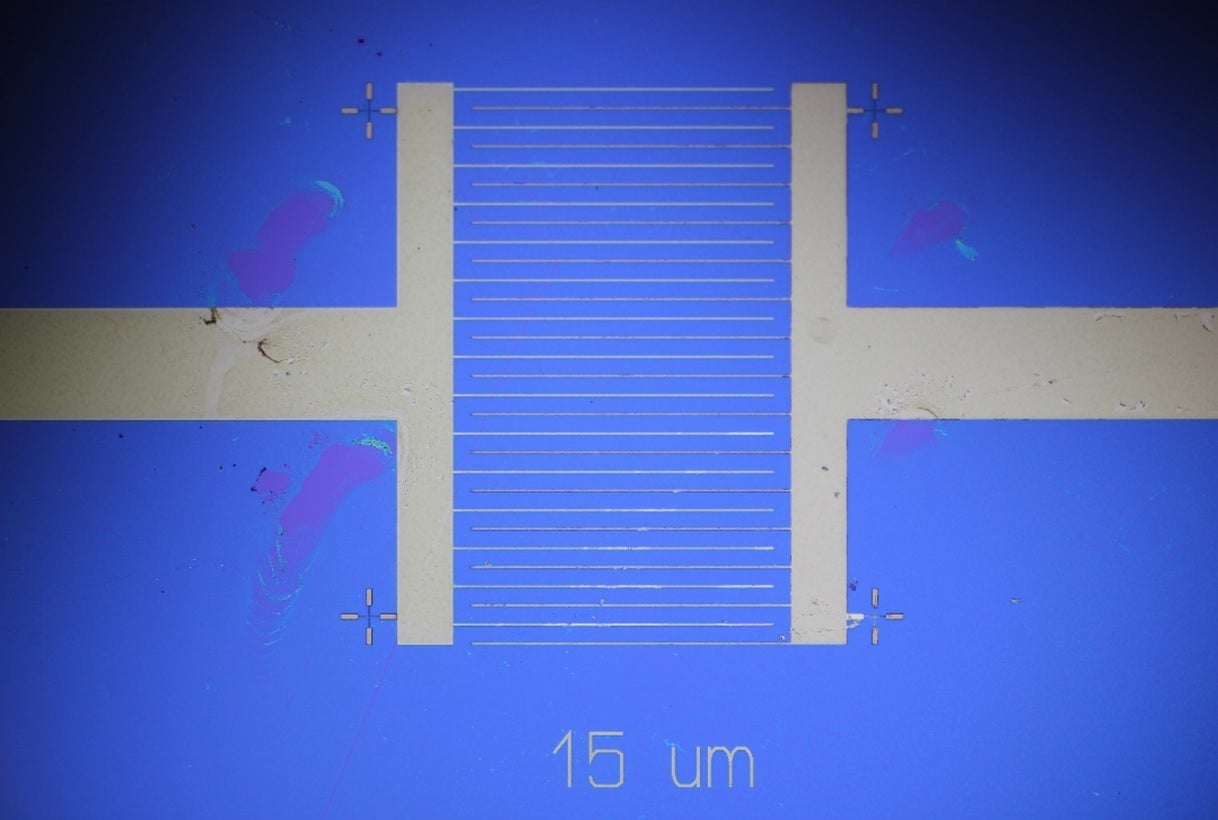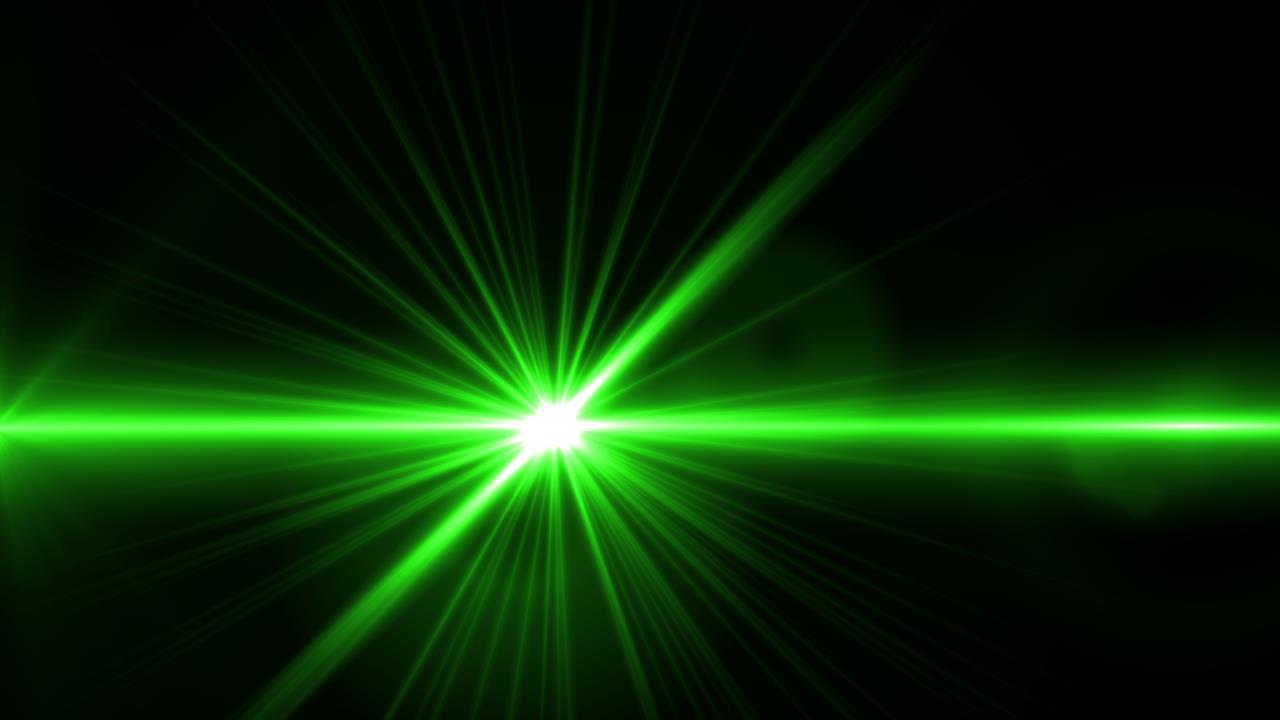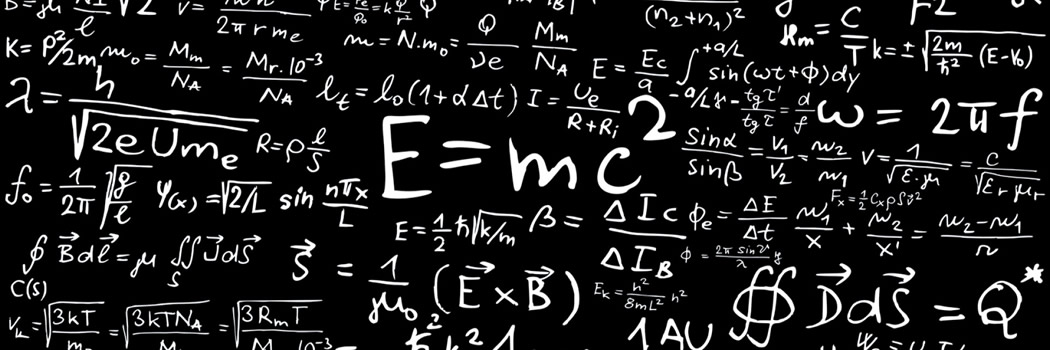ENGP 3570 / MPEN 6570
Prof. Escarra teaches ENGP 3570 / MPEN 6570 (Semiconductor Devices), a three credit course for graduate and undergraduate students. This course provides an introduction to the physics and technology underlying semiconductor electronic and optoelectronic devices, including electrons and holes in semiconductors, energy-band diagrams, carrier transport, metal-semiconductor contacts, p-n junctions, and heterostructures. Device examples include bipolar transistors, MOSFETs, LEDs, and solar cells.

ENGP 3560 / MPEN 6560
Prof. Escarra teaches ENGP 3560 / MPEN 6560 (Photonic Materials and Devices), a three credit course for graduate and advanced undergraduate students. This course covers the theory, design, fabrication, characterization, and application of photonic materials and devices. It starts with a brief review of the fundamentals of photonics and then focuses on light-matter interactions and photonic materials, including dielectrics, semiconductors, metals, photonic crystals, and resonators. The course covers lasers, LEDs, photodetectors, and photovoltaics. The course concludes with exploration of cutting edge topics in photonics research.

ENGP 2310
Prof. Escarra teaches ENGP 2310 (Product and Experimental Design), a three credit required course for sophomore engineering physics majors that is offered every fall semester. The course emphasizes using the design process to address problems with solutions rooted in engineering. The course also serves as an introduction to the department and major. Laboratories include in depth use of computer aided design software. The course is centered around a team design project, which requires students to choose a problem, considered several solutions, down-select and fully design one solution, build a prototype of that solution, and then test their prototype.

PHYS 1320
Prof. Escarra teaches PHYS 1320 (General Physics II), a four credit course with a lab section that provides a calculus-based introduction to electricity, magnetism, circuits, optics, and modern physics.

